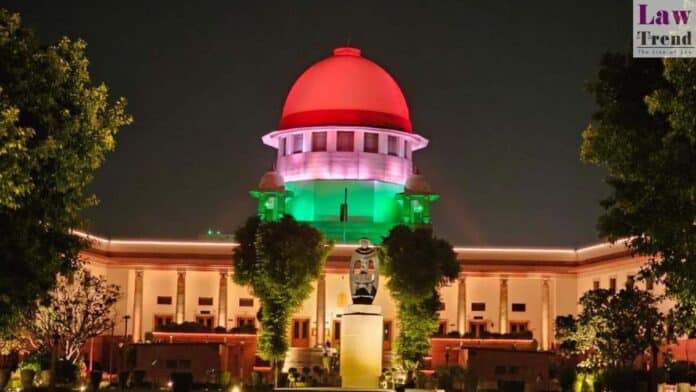On October 21, the Supreme Court underscored the intrinsic role of secularism within the Indian Constitution, cautioning against a Western-centric interpretation of the terms ‘socialist’ and ‘secular’ embedded in the Preamble through the 42nd Amendment in 1976. Justices Sanjiv Khanna and PV Sanjay Kumar, representing the bench, emphasized that these terms should resonate with the
To Read More Please Subscribe to VIP Membership for Unlimited Access to All the Articles, Download Available Copies of Judgments/Order, Acess to Central/State Bare Acts, Advertisement Free Content, Access to More than 4000 Legal Drafts( Readymade Editable Formats of Suits, Petitions, Writs, Legal Notices, Divorce Petitions, 138 Notices, Bail Applications etc.) in Hindi and English.




